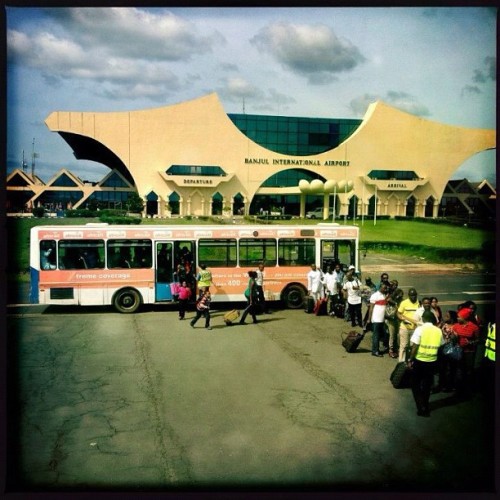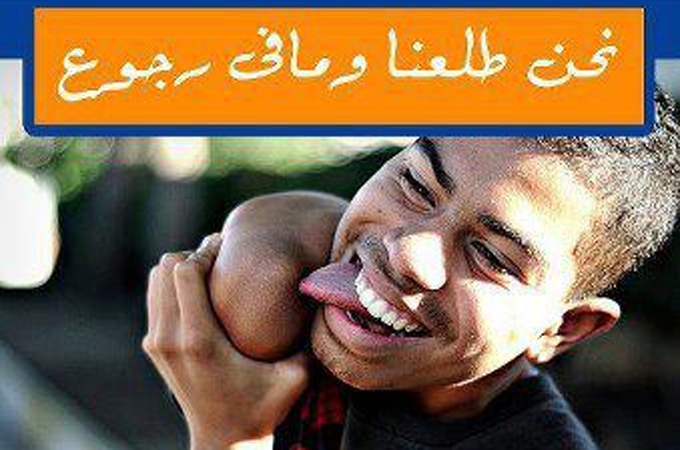Even the ancient ruins of Petra in Jordan have wifi.
Lots of thoughtful responses to yesterday’s post on loneliness; it seemed to resonate with many of y’all! Thanks for your comments, questions and open-hearted sharing.
Someone asked about why I thought the way we ‘organise’ was conducive to a lonely society. In brief, I think it’s about what we center in the design of our workplaces, families and culture, as well as what is given priority in our social fabric. For example: in work, for one to be successful, the expectation is that your career must come first, ostensibly at the expense of all else. This is implicit in the ‘hustle hard’ messaging we are surrounded by, both in the traditional corporate world and in the gig-economy. Those who are celebrated aren’t those with balanced, healthy lives, they are those who have sacrificed everything to achieve some business or financial success. There seems to be little tolerance for any other priorities except perhaps a certain type of ‘self-care’, which again centers the individual rather than the communal. I’ve not seen posters emblazoned with ‘Hustle Hard but Remember to Make Time For Your Family, Friends and Regular Volunteering Work’ in any workspace I’ve been in… Now. This is not a damning criticism of either the hustling hard attitude or the push towards self care, but a comment on how these ways of life, in absence of all else, are more likely to leave us estranged from our community than anything else. It’s up to us to decide if that’s what we want, I suppose.
Another reader pointed out the strange reality where living with family is disparaged, and living alone is valourised. I’m slightly ashamed to admit that I’ve fallen into this bias and trap, and it’s interesting to question why we again, seek to raise the individual who is on their own rather than connected to others, and what that does for the society we are all a part of.
Thanks all for your feedback and conversation, and keep it coming!
***
Today’s piece I’m musing over is on language, the author reflecting on the limits of hers.
…fluency is more than merely knowing the language. Fluency is seeing past the hard edges of definitions and vocabulary to the softer, nebulous contours of conceptualisation. Fluency means living in a language fully.
The short article is opening a series I am excited to follow, called Living in Translation, ‘a new series of articles, guest edited by Nanjala Nyabola, exploring the worlds our languages have built across Africa.’
The piece made me reflect on my relationship with language, especially as a member of the diaspora. I have a complicated relationship with Arabic. I can speak, read and write it Alhamdulilah, but nowhere nearly as fluently as I can in English. I’ve spent time in Sudan in an effort to improve my linguistic skills, and that worked for a while, but in the years since, living among English speaking peers, my tongue has again gained weight. Lisaany tageel, as we would say in Sudan. My tongue is heavy, unable to lightfootedly flit across the syllables like someone for whom Arabic is home. Alas.
Speaking of the diaspora, I enjoyed reading this piece on the hidden worth of the global African community.
Diaspora-ness is a tricky state of being. In their adopted homes, diasporas are referred to as ‘immigrants’, a term that often elicits a sense of unwelcomeness. In their original homes they are thought of as ‘runaways’ who want the best of both worlds – the first to trace their roots when it’s convenient and exotic but also the first to pack and leave when the going gets tough.
But these same diasporas, by some miracle, are expected to make a contribution both in their adopted and original homes. Hypocrisy arises because no matter how much their adopted homes look down on them, for instance, they do not waive their taxes. And even when they are referred to as ’them’ in the third person, the original homes do not refuse their remittances. By their adopted and original ‘homes’ alike, diasporas are treated as resources that should be carefully tapped rather than embraced.
Indeed! I’ve often thought of myself as a ‘resource’ for my land of residence to tap into, rather than as a human being with an inherent right to exist comfortably in a space. That is in no small part due to the lived diasporic reality, but it is also a frame of mind that I haven’t found the courage yet to challenge. Perhaps because it hits right in gut of an insecurity many of us share: where do we actually have the right to belong?
***


















